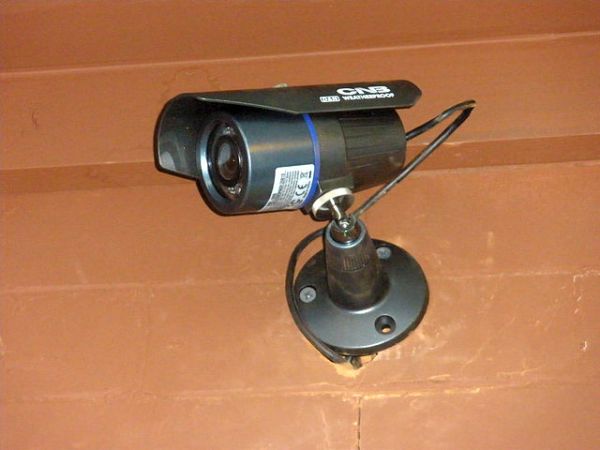
Movie and television shows are commonly criticized for their "Hollywood" presentations of certain issues and situations. If something in a film or television program is too far off the reality mark, there is generally backlash from the viewing public. One realm that is difficult to accurately portray in media presentations is computers and technology. There's never enough time in a movie or TV show for sufficient explanations of computer oriented tasks, nor to portray the length of time they typically take.
The article linked below lists five of the biggest technology myths perpetuated by TV and filmmakers, according to experts. The first myth cited regards security camera footage. To quote the article,
The Technique: “Cleaning Up” Security Footage
The Myth: “Magnifying/enhancing” recordings can show police a detailed shot of a perp’s face.As Seen In: Ocean's Eleven, NCIS
The Expert: Trevor Newton, sales director for Tyco Security, a company that makes surveillance cameras and equipment
The Reality: “We call it the ‘CSI effect,’” Newton says. “Because whenCSI first came out, we’d go do a presentation, and people were like, 'Wow, I should be able to get these cool things,' and we have to be like, ‘No, that's not really reality.’ On TV, a casino, for example, can digitally zoom in and do all these magic things — and then suddenly, they can see a person's reflection in a spoon. That's not possible. [HD video] is about the number of pixels you're recording; like a still photo, you can only zoom in so much. And there's no way to fix that [afterward].”But do they make cameras that are high-definition enough to catch the killer in a spoon’s reflection? Well, yes — but also no.“Right now, technology doesn't allow those high-megapixel cameras to actually stream that information fast enough,” Newton explains. “There are different factors here. One is: How many pixels do I have? Then, how fast can that information be relayed back to the system to record it? It's really like trying to eat an elephant — when you have too much information, how fast can you actually eat that? How many frames can I swallow when there are so many pixels? With high-megapixel cameras, usually the frames per second is a lot slower. You can get a lot of information, but it won’t be fluid on the screen. In the case of real-life casinos, they kept analog cameras for a long time [because] they have regulations; security cameras need a certain frame rate for the fluidity. There are cameras that can stream faster, but they can’t use them because the images won’t be high-enough resolution.”

No comments:
Post a Comment